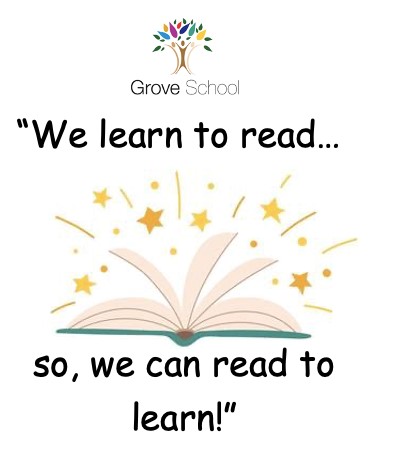
Our mantra is phonics comes first. Our systematic, synthetic phonics scheme is Little Wandle Letters and Sounds Revised. Pupils in Early Years, Key Stage One and those who need additional support in Key Stage Two have a daily phonics lesson. These pupils learn the sounds that each letter (grapheme) makes. Pupils review and revise the sounds (phonemes) each grapheme makes in words and sentences. Blending is a key skill we practice every day.
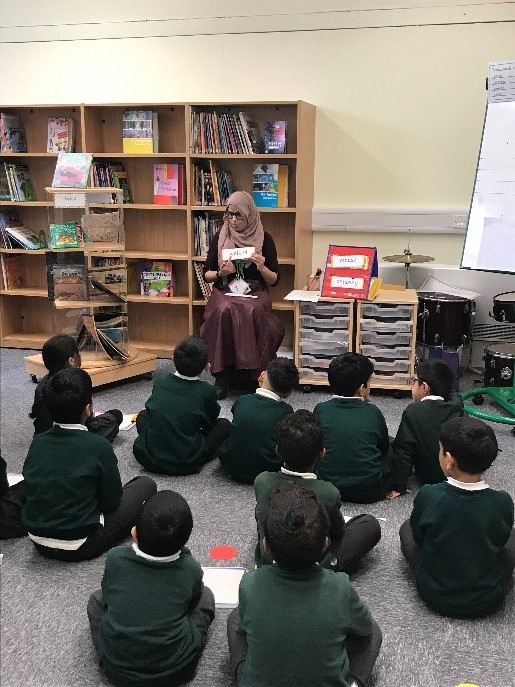
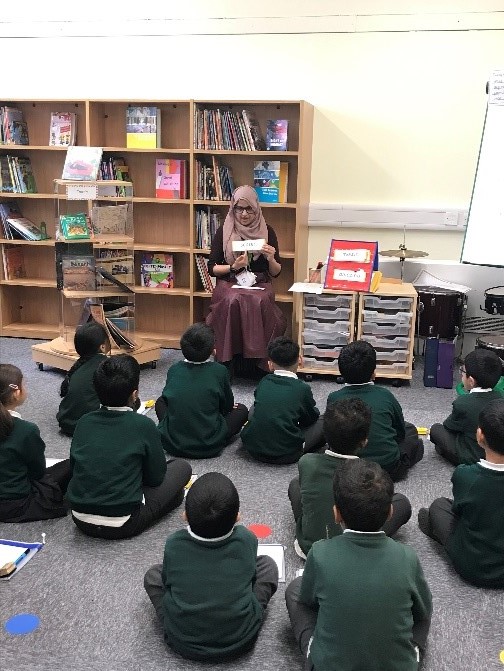
Please follow the link to Little Wandle Letters and Sounds Revised to find out more about how we teach phonics at Grove.
Here is a link to our phonics scheme for parents:
https://www.littlewandlelettersandsounds.org.uk/resources/for-parents/
Developing early reading skills is a priority in EYFS and Key Stage One. School staff recognise that pupils need to learn to read as quickly as possible so that they can move from learning to read, to reading to learn. This gives pupils access to the treasure house of reading. We want all pupils at Grove School to read easily, fluently and with good understanding. Our vision is that every child can read, retell and really understand.
Pupils from Reception to Year 6 have a daily guided reading lesson.
Our reading scheme for Early Years and Key Stage One is Big Cat Collins. When pupils read these books, they practise what they have been learning in phonics. The books are fully decodable and are matched to their pupils’ stage of learning in phonics.
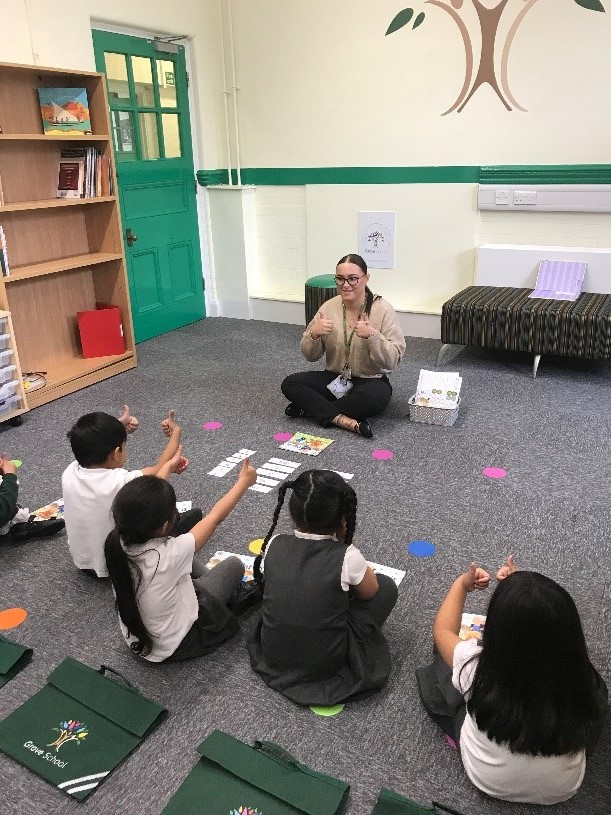
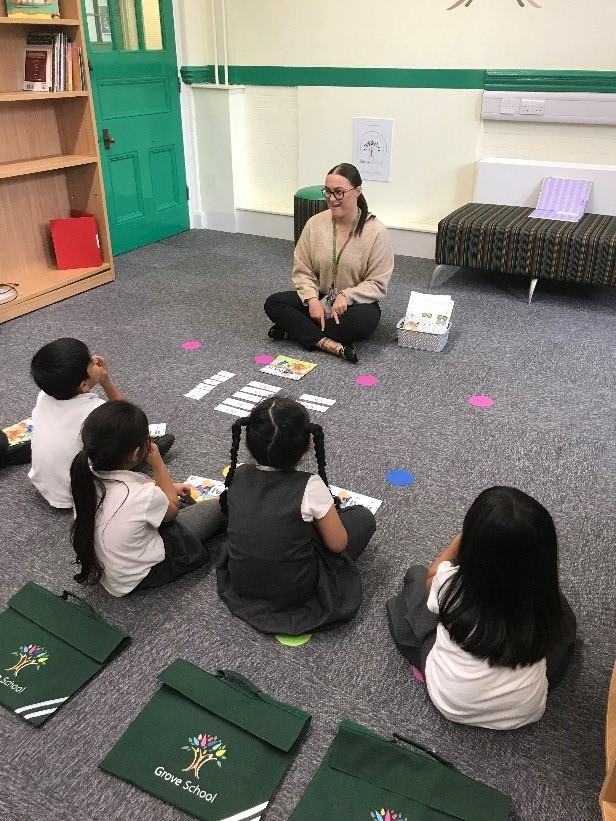
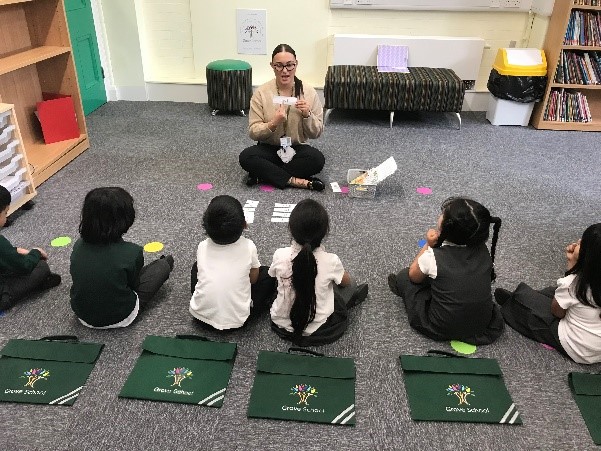
Our reading scheme for Key Stage Two is Rigby Navigator (for pupils who are reading at age related expectations) and Comets (for pupils who are reading at greater depth).
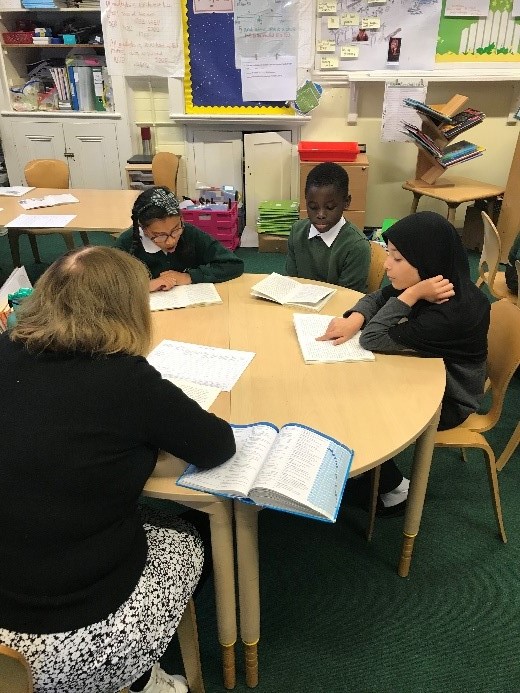
Reading Explorers - this programme is used to develop essential comprehension skills.
To develop the habit of reading widely and often; for pleasure; and for information, high quality story books and class novels are read aloud to pupils daily. These texts have been carefully selected to capture the pupils’ attention and deepen their understanding of key themes in the curriculum for reading.
Along with taking home their reading book, which is linked to the phonic sounds the pupils are learning, 4 days a week, pupils in Early Years select reading for pleasure books from our recently refurbished reading room.
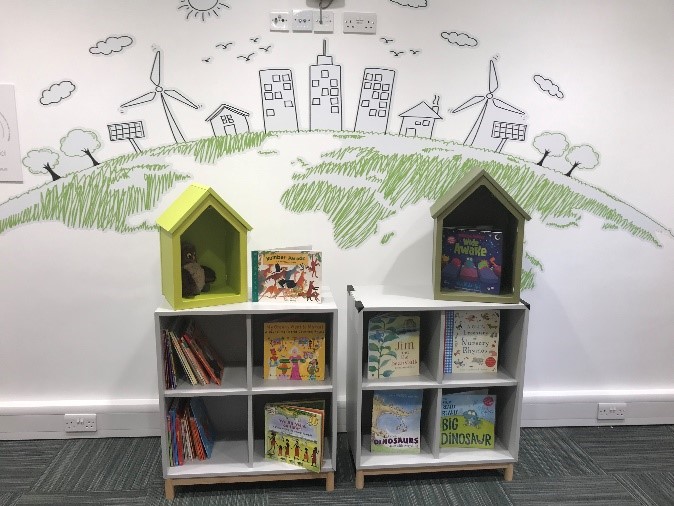
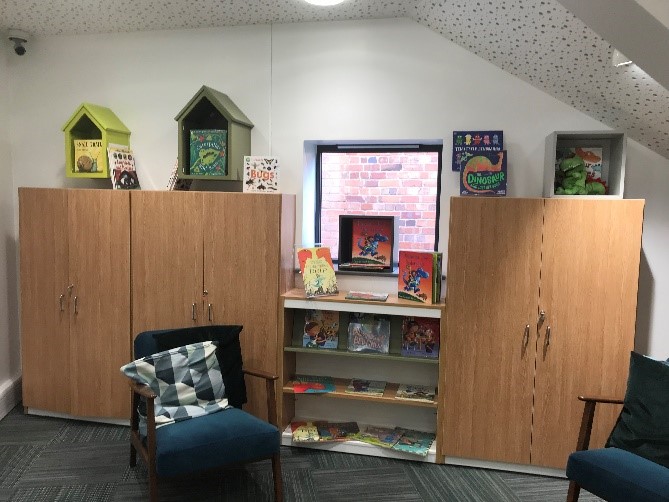
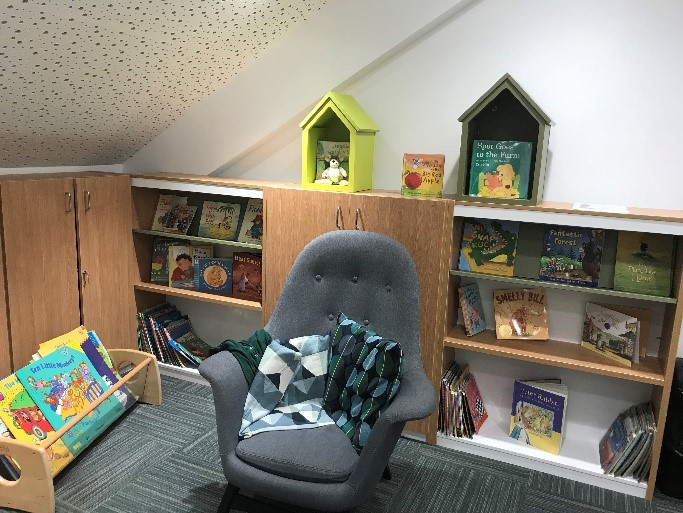
Pupils in Key Stage One take home a book to read which is matched to what they are learning in phonics lessons 4 days a week and a reading for pleasure book to share with a grown up at home.
In Key Stage Two, staff use their knowledge of their pupils’ reading habits to support pupils with selecting a weekly reading for pleasure home reading book.
Pupils in Key Stage One and Key Stage Two also select a book from the school library to add to their class reading tree.
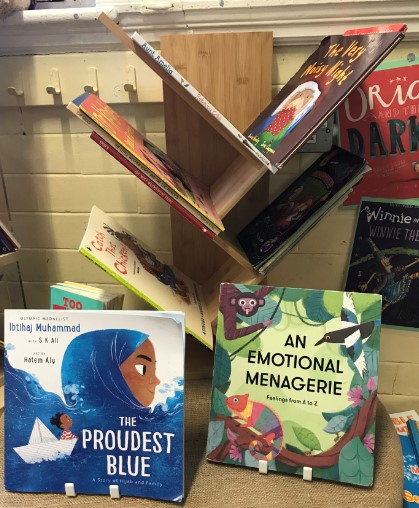
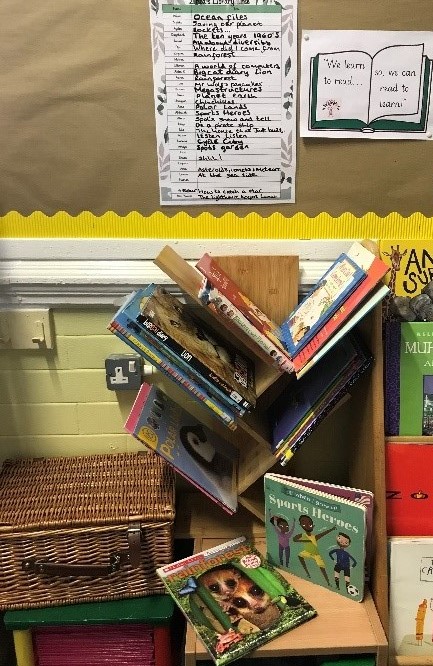
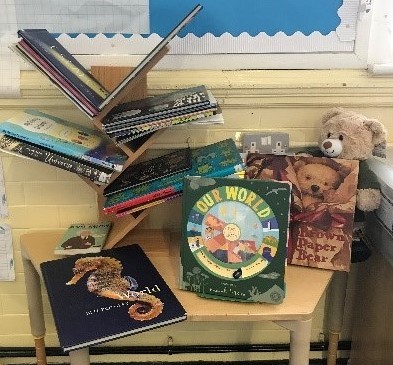
The English curriculum is vibrant and provides all children with opportunities to meet a range of texts which are diverse and cover a broad range of themes.
The school has a core text curriculum for Early Years and Key Stage One. The curriculum is sequenced so that pupils experience high quality literature that allows teachers to develop concepts in grammar and literature which in turn support pupils writing.
Below is the progression of some of the core texts that pupils in Early Years and Key Stage One experience:

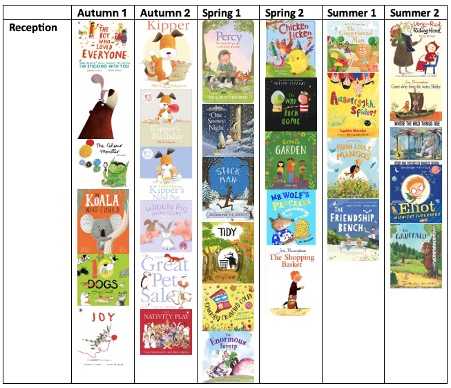
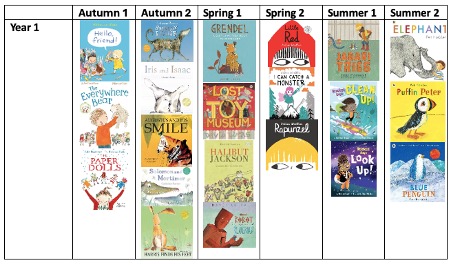
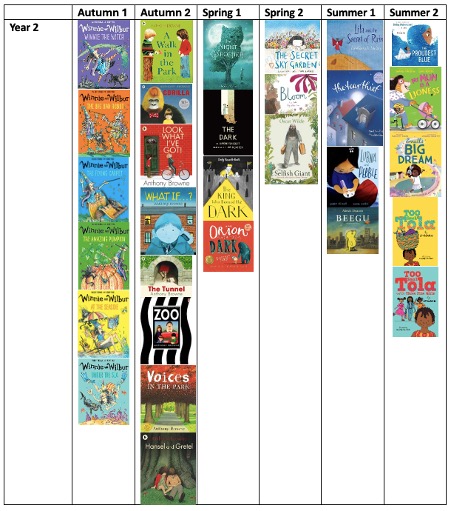
Leaders have written a class novel curriculum for Key Stage Two. The class novel curriculum engages pupils because it is relevant to the lived experiences of pupils, it prepares them for the next stage of education and supports pupils deepening their knowledge and understanding in other curriculum areas and of life in the 21st century.
Below is the progression of the class novels that pupils in Key Stage Two experience:
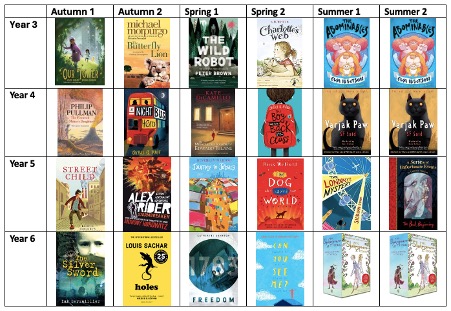
Each year group has a non-fiction text that teachers use to plan for learning in reading.
Here is the selection of texts each year group experiences:

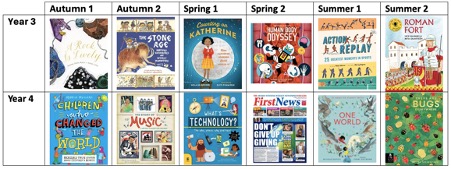
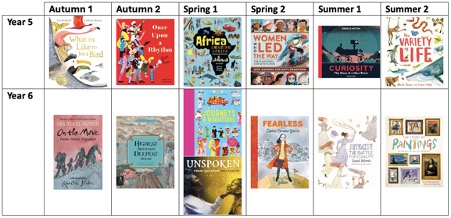
Our pupils have rhymes and poems read to them. These rhymes and poems have been selected so that each half term pupils learn about poetic devices, these are repeated and revisited throughout the curriculum for poetry. Each half term there is a whole school theme for poetry.
We recognise the important role parents play in supporting their children to learn to read. Our parents at Grove School are aspirational for their children. They know reading is key. Regular parental workshops help parents understand how we teach reading skills. Parents come into school and have watch their child being taught phonics and reading.
In July 2023 we asked parents if they joined a workshop with their child did it help them understand how they could help their child at home. 100% of parents agreed or strongly agreed.
At Grove, we want pupils to be able to use what they read in their writing composition. Pupils explore grammar in context through their core texts and class novels and apply this learning to their independent writing. The curriculum for writing supports pupils gaining expertise in transcription so they become accurate writers.
Pupils from Early Years to Year 6 are encouraged to write using a range of forms and with purpose:
-to entertain
-to make a record or reflect
-to teach
-to paint with words (poetry)
-to persuade or influence
At the start of every writing purpose, pupils identify the audience they are writing for. Have a look in our school library to see some examples of our writing which has been published in school.
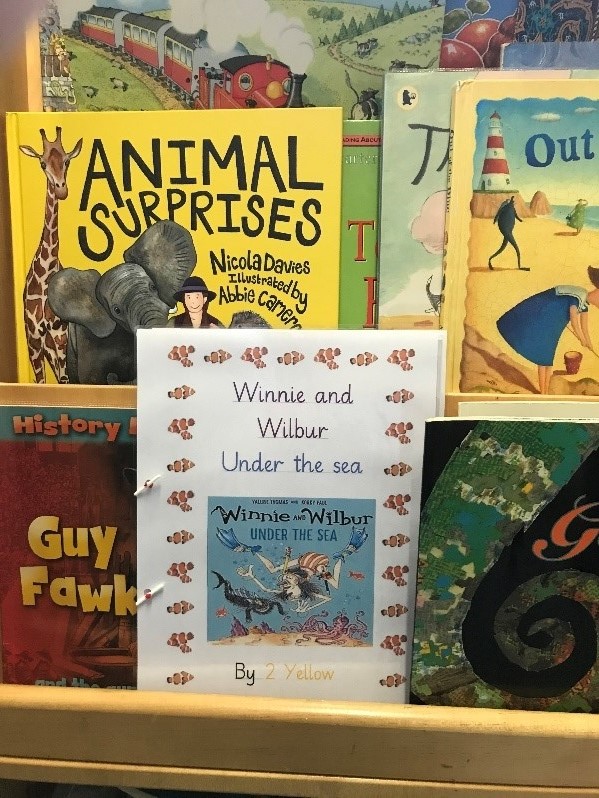
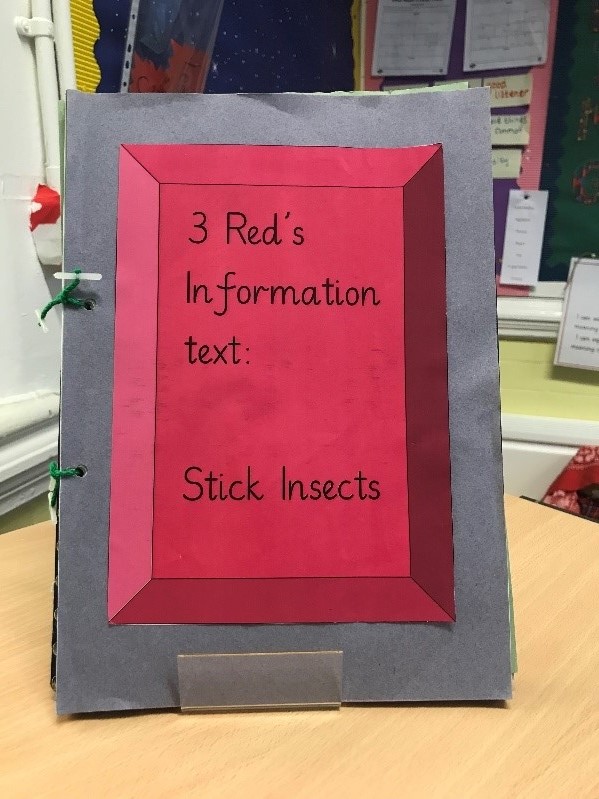
Leaders have worked together to create progression documents for reading; writing composition; spelling; and grammar and punctuation. These can be found using the links below:
Grammar and Punctuation Progression Document
Our English policies can be found using the links below: